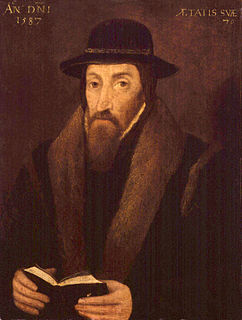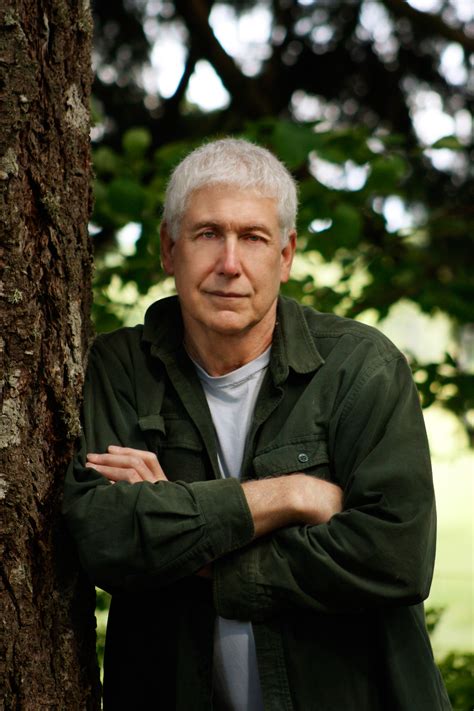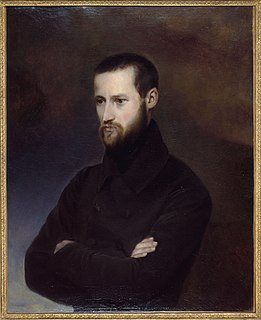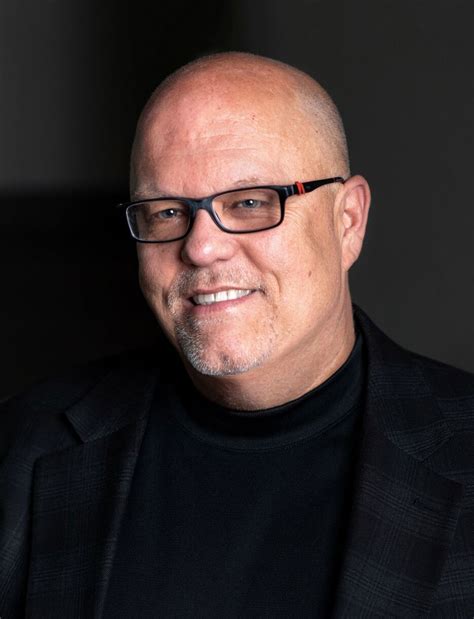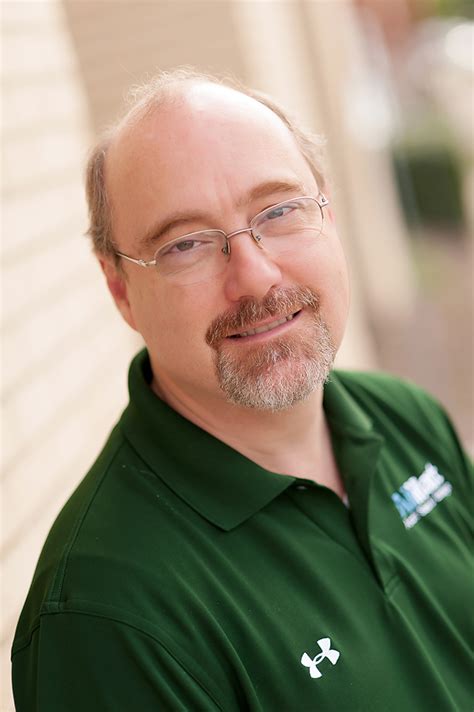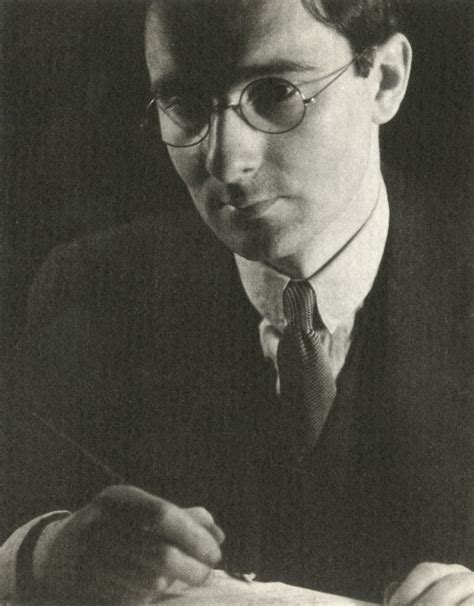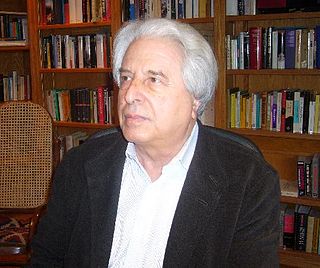Top 57 Protestantism Quotes & Sayings
Explore popular Protestantism quotes.
Last updated on April 14, 2025.
In the agreement to rescue Rome [i.e., the Roman Catholic Church's hierarchy] from the predicament of losing its world control to Protestantism, and to preserve the spiritual and temporal supremacy which the popes [had] 'usurped' during the Middle Ages, Rome now 'sold' the [Roman Catholic] Church to the Society of Jesus [i.e., the Jesuits]; in essence the popes surrendered themselves into their hands.
You are American, whether you profess Judaism, Catholicism, Protestantism, whether you adhere to Islam, or whether you believe in nothing at all. And you're as American as anybody else, whatever your religious beliefs. But try not to get caught up in media stereotypes of your neighbors and of your country. Think about people that you know and how they treat you. As you get to know someone, it matters not what religious background they have, or what their nationality is, or where they came from. And I think that's how Americans really do relate to each other on a personal level.
For those interested in Reformed thought more broadly, I'd recommend Peter Leithart's recent book on Reformed Catholicism entitled, The End of Protestantism: Pursuing Unity in a Fragmented Church (Brazos Press, 2016), as a thought-provoking and stimulating read that should get us all thinking about the future shape of the Church, wherever we come from.
Protestantism, of course, is much more explicitly divided into different traditions - the Pentecostals, the Anglicans. But there is the main tradition of Protestantism that comes out of the Reformation and that produced people like Kant and Hegel and so on, who are not normally thought of as being people writing in a theological tradition, although Hegel, of course, wrote theology his whole life.
In many ways, American evangelicalism is somewhat stronger today than it was in, say 1955 - certainly more mainstream and influential in the culture as a whole. But, the increased strength of evangelicalism hasn't increased fast enough to compensate for the total collapse of mainline Protestantism and the pretty steady weakening of my own Roman Catholic Church.
Hinduism, Confucianism, and Buddhism are huge traditions of enormous importance, and they aren't monotheistic. Again, this reflects the fact that our preconceptions about what religion is are so influenced by Protestantism - either real Protestantism or the secularized Protestantism that dominates our culture - and its assumption that beliefs are the most important thing.
Protestants attacked Catholics during the 1844 Nativist riots in Philadelphia. Guess what that was about? Anti-immigrant sentiment. Back then, it was the influx of Irish Catholics into the city. Now, it's Donald Trump clinging to a bygone notion of Protestant ascendancy and nativist sentiments, when mainline Protestantism is on the wane in the U.S.
I believe that Judaism was an improvement on polytheism; Christianity was an improvement on Judaism (to some degree and in some departments only); that Protestantism is an improvement on Catholicism; that Mormonism is an improvement on Protestantism. So I give Joseph Smith credit as an innovator and as a smart fellow.
Thus, Protestantism will always stand up for the advancement of all Germans as such, as long as matters of inner purity or national deepening as well as German freedom are involved, since all these things have a firm foundation in its own being; but it combats with the greatest hostility any attempt to rescue the nation from the embrace of its most mortal enemy, since its attitude toward the Jews just happens to be more or less dogmatically established.
The idea that Christianity is basically a religion of moral improvement... has its roots in the liberal Protestantism of the late nineteenth century and early twentieth century... It is this stereotype which continues to have influence today... But then came the First World War... What had gone wrong was that the idea of sin had been abandoned by liberal Christianity as some kind of unnecessary hangover from an earlier and less enlightened period in Christian history.
Trump's blatant racism and demonization of Muslims, Mexicans, and immigrants also serves as a foil for white evangelicals. By othering these groups, Trump allows evangelicals to persist in their belief that white Anglo-saxon Protestantism is the default for true American Christianity and is best suited to lead America as a 'Christian Nation.'
When Catholicism goes bad it becomes the world-old, world-wide religio of amulets and holy places and priestcraft. Protestantism,in its corresponding decay, becomes a vague mist of ethical platitudes. Catholicism is accused of being too much like all the other religions; Protestantism of being insufficiently like a religion at all. Hence Plato, with his transcendent Forms, is the doctor of Protestants; Aristotle, with his immanent Forms, the doctor of Catholics.
Susannah Heschel's The Aryan Jesus is a brilliant and erudite investigation of the convergence between major trends in German Protestantism and Nazi racial anti-Semitism. By concentrating on the history of the Institute for the Study and Eradication of Jewish Influence on German Religious Life, Heschel describes in forceful detail the Nazification of all aspects of Protestant theology, including the Aryanization of Jesus himself. This is a highly original and important contribution to our understanding of the Third Reich.
I think that there are no forces on this planet more dangerous to us all than the fanaticisms of fundamentalism, of all the species: Protestantism, Catholicism, Judaism, Islam, Hinduism, and Buddhism, as well as countless smaller infections. Is there a conflict between science and religion here? There most certainly is.
Protestantism as such is a better defender of the interests of Germanism, in so far as this is grounded in its genesis and later tradition; it fails, however, in the moment when this defense of national interests must take place in a province which is either absent from the general line of its ideological world and traditional development, or is for some reason rejected.
One classical role of the pulpit in Protestantism has been to 'preach sermons' which imply indoctrination more than education. Within this from of communication, there is an inherent, intrinsic inclination to intimidate, manipulate, and, hence, offend the person's most prized quality of humanness - his dignity.
You might get rid of the Bishop and get to the local Ku Klux Klan leader. That, on the whole, has been the fate of certain types of Protestantism. They get under the control of a White Citizens Council while the Catholic Church has an authoritarian system, yes, in which the Bishop expresses the conscience of the whole Christian community and they say there are some things that you can't do on this matter.
One of the effects of modern liberal Protestantism has been gradually to turn religion into poetry and therapy, to make truth vaguer and vaguer and more and more relative, to banish intellectual distinctions, to depend on feeling instead of thought, and gradually to come to believe that God has no power, that he cannot communicate with us, cannot reveal himself to us, indeed has not done so, and that religion is our own sweet invention.





